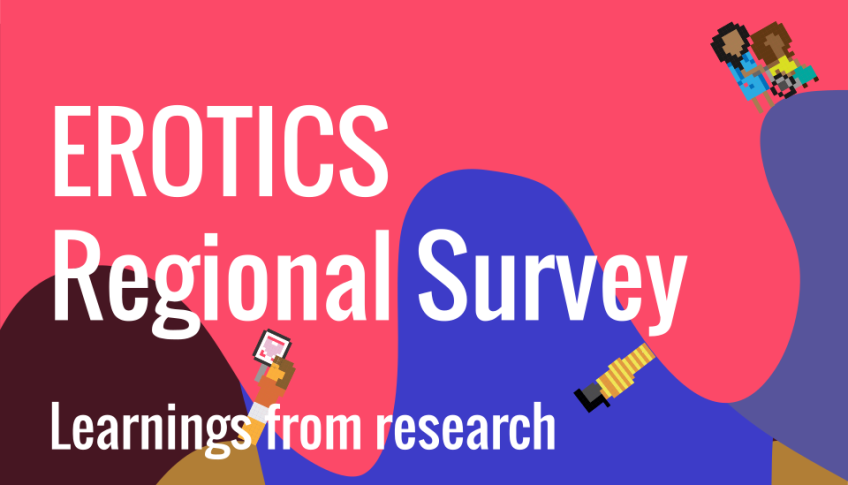
The process of working on EROTICS research closely with the country partners from Nepal, Sri Lanka and Bangladesh was an invitation to reflect on how we can practice the ideas and values of feminist research through our collaboration. Feminist research on the internet and our use of the internet has been growing slowly over the years.
For me, as a user and a disabled feminist working in this space, there were a lot of things I had observed that became a part of the research. My own identity did play a huge role in the project – as we do believe that the person is political. As an Indian feminist, belonging to a dominant caste and religion, I was acutely aware of my privilege in the space. Acknowledging the inherent privilege was important for us as we embarked on the feminist research to ensure that the vocal Indian voice, often termed as a bully in the region, did not overpower our collective learnings from the South Asian region. The research, thus, centred the varied experiences of those living in Sri Lanka, Bangladesh and Nepal.
From the design of the research to the framing of the questions, the process was participatory. As the regional coordinator, I worked on the broad themes we would cover first, and this document was shared with the local partner-researcher teams as well as the team at APC. Through their collective feedback, the themes were converted to questions and the questions went through an iterative process based on every researcher's insights and expertise.
Continue reading at GenderIT.org.